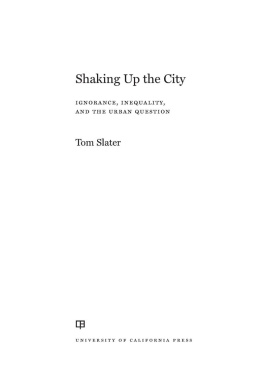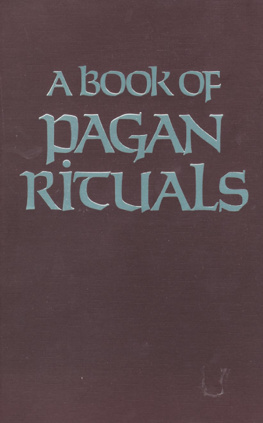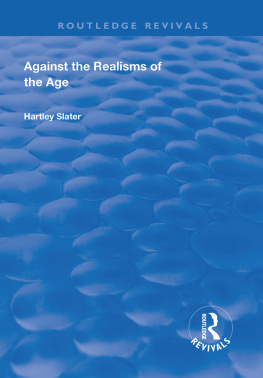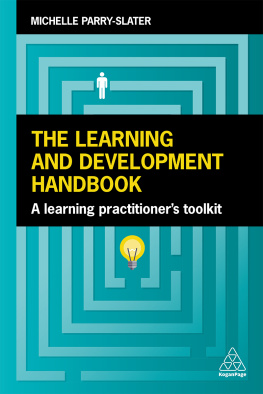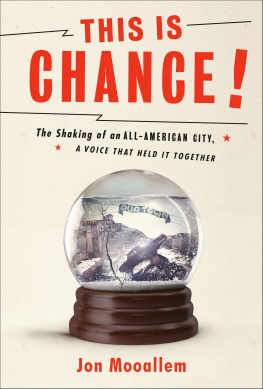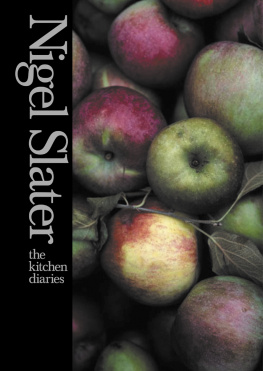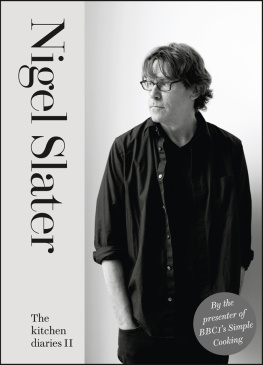University of California Press
Oakland, California
2021 by Tom Slater
This work is licensed under a Creative Commons [CC BY-NC-ND] license. To view a copy of the license, visit http://creativecommons.org/licenses.
Library of Congress Cataloging-in-Publication Data
Names: Slater, Tom, author.
Title: Shaking up the city : ignorance, inequality, and the urban question / Tom Slater.
Description: Oakland, California : University of California Press, [2021] | Includes bibliographical references and index.
Identifiers: LCCN 2021007244 (print) | LCCN 2021007245 (ebook) | ISBN 9780520303041 (hardback) | ISBN 9780520386228 (paperback) | ISBN 9780520972643 (ebook)
Subjects: LCSH: Cities and towns. | Sociology, Urban.
Classification: LCC HT151 .S487 2021 (print) | LCC HT151 (ebook) | DDC 307.76dc23
LC record available at https://lccn.loc.gov/2021007244
LC ebook record available at https://lccn.loc.gov/2021007245
Manufactured in the United States of America
26 25 24 23 22
10 9 8 7 6 5 4 3 2 1
Foreword
URBAN POLARIZATION AND EPISTEMIC REFLEXIVITY
Loc Wacquant
Over the past three decades, social inequality and marginality have grown in concert in the metropolis, spawning a deeply polarized class structure that has beset central and local governments with a host of thorny administrative challenges and pressing policy quandaries: homelessness and gentrification; the involution of districts of dereliction and the return migration of bourgeois families hungry for public amenities, street policing, and infrastructural rebuilding; rent control and skyrocketing real estate; and bureaucratic upheaval spawned by fiscal retrenchment and the neoliberal revamping of the state. New discourses have correspondingly swirled about the city, themselves bifurcated into a buoyant celebration of urban renaissance, diversity, and technology, on the one hand, and dark tales of festering crime, uncontrolled immigration, creeping surveillance, and the crystallization of ghettos of ethnic secession and social perdition, on the other.
Surveying the landscape of urban studies at this pivotal moment, Shaking Up the Csity tackles many of these issues head on and sounds an urgent clarion call for epistemic reflexivity, that is, the critical examination of the core categories, questions, methodological moves, and discursive tropes informing scholarly and policy debates on the metropolis. Where do the problems that urban sociologists, geographers, and economists pose come from? Why do they pose them in just these terms? What symbolic forces and institutional processes cause them to diffuse across the academic field and become hegemonic topics, absorbing disproportionate research funding, brain power, and administrative resources? What are the questions that students of the city could be raising instead with a different set of theoretical constructs and observational foci? Finally, moving into the normative register, what are the issues urban scholars should be articulating, based not only on a more sober and independent assessment of social trends and historical transformation, but also on grounds of social justice in the city? (Fainstein 2010).
Slaters treatment of the moral panic around the sink estate and its policy consequences is methodologically exemplary in these respects. Instead of deploying the notion to capture the devolution of social housing or settling for a moral critique of its negative connotations, he queries its origins, painstakingly retraces its trajectory, and maps out its semantic range and uses by cultural elites and state managers. Charting the travels and travails of the sink estate from the science of ethology to journalism to the world of think tanks, philanthrocapitalists, and policy makers, and back into scholarly discourse allows Slater to demonstrate that this construct is, properly speaking, not a scientific category but a social categoreme, that is, an instrument of public accusation that skews both science and policy: science by fixating the scholarly gaze on the estate itself at the expense of locating it in the structure of objective positions in symbolic, social, and physical space that makes up the city; and policy by fostering programs of demolition of social housing and geographic dispersal of the poor that disregard the social fabric of their existence and treat their neighborhoods, anthropomorphized as so many urban bogeymen, as the self-standing cause of their social predicament. Moreover, it emerges from this genealogy that the symbolic denigration of public housing and its residents partakes of a broader discourse of devaluation of the public, the collective, the common, and thence of the state as the institutional incarnation and guardian of the urban commons (Stavrides 2016). Indeed, many of the categories in the reigning lingua franca spoken by fashionable urban scholars and au courant city policy analysts and decision makers is stamped by an overt or covert antistatism that bespeaks the corroding influence of neoliberal thinking.
The rich case studies in the politics of urban constructs that compose this book converge to remind us of what should be the first commandment of every working social scientist: thou shalt construct thy own concepts and formulate thy own problematic, instead of borrowing ready-made notions and social problems prepackaged by policy experts and government elites. They also suggest that one should be especially wary of the importation of language from the natural into the social sciences, as with the falsely neutral notion of urban resilience. The idiom of nature has for inescapable effect the paradoxical dehistoricization of historical reality and the elision of the relations of material and symbolic power that constitute the city as the site of accumulation, differentiation, and contestation of capital in its different forms (and not just economic capital, as Tom Slater would have it). The deft theoretical move whereby Slater joins Robert Proctors agnotology, the historical science of the fabrication of collective ignorance, with Pierre Bourdieus theory of symbolic power, the sociology of the realization of categories, gives us the necessary tools to thwart this danger.
But the effort to free ourselves from policy fads and academic bandwagons and to avoid the deadly lemming effect that has struck urban studies over the past few decades, enticing so many students of the metropolis to jump with bravado from the underclass to the creative class, from gentrification to revitalization, and from resilience to data-driven innovation, will only succeed if it is a collective endeavor, carried out by a community of scholars committed to helping one another forge and keep their intellectual tools clean, so that they may marry scientific rigor and civic relevance without ceding to political subservience (Bourdieu [2001] 2004).
Berkeley, December 2020


